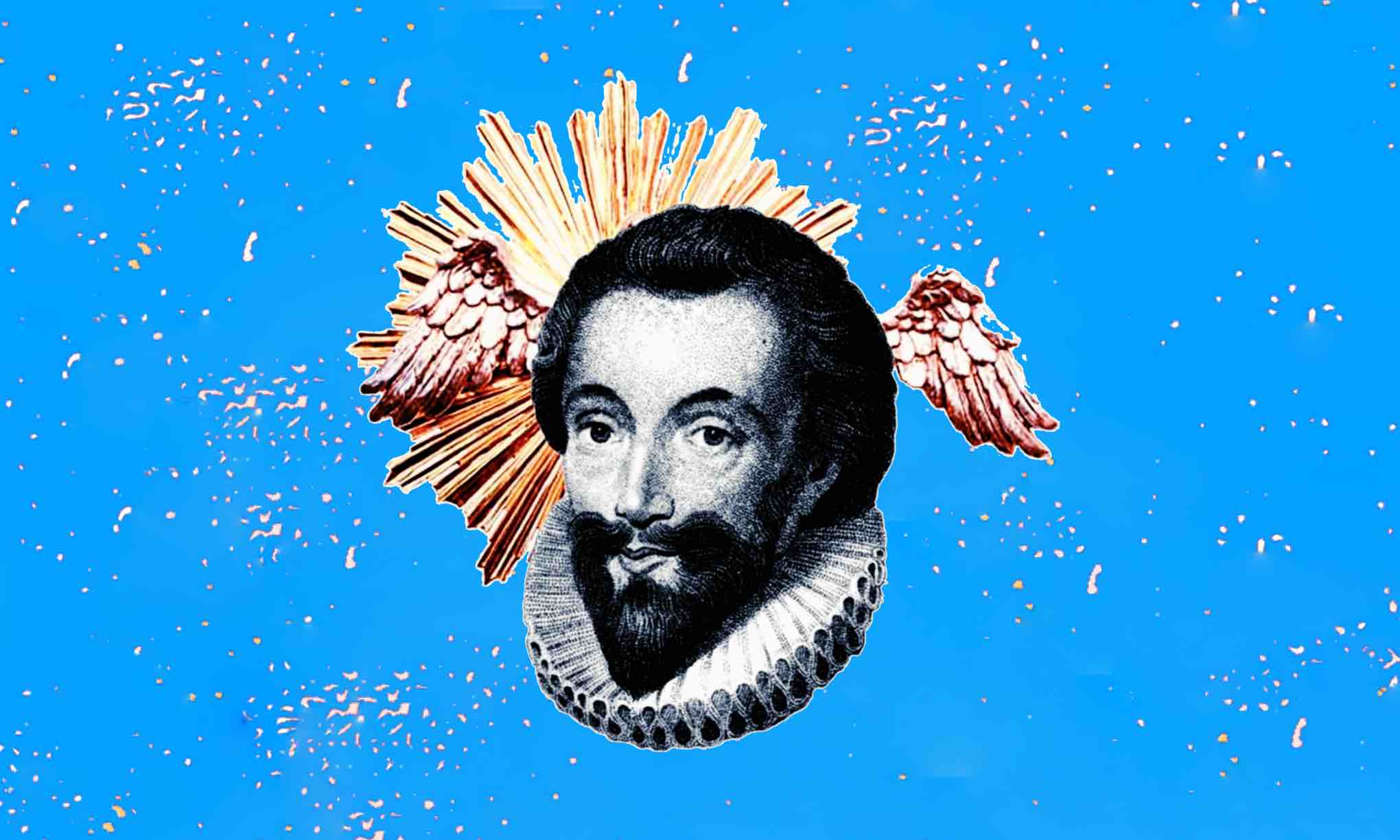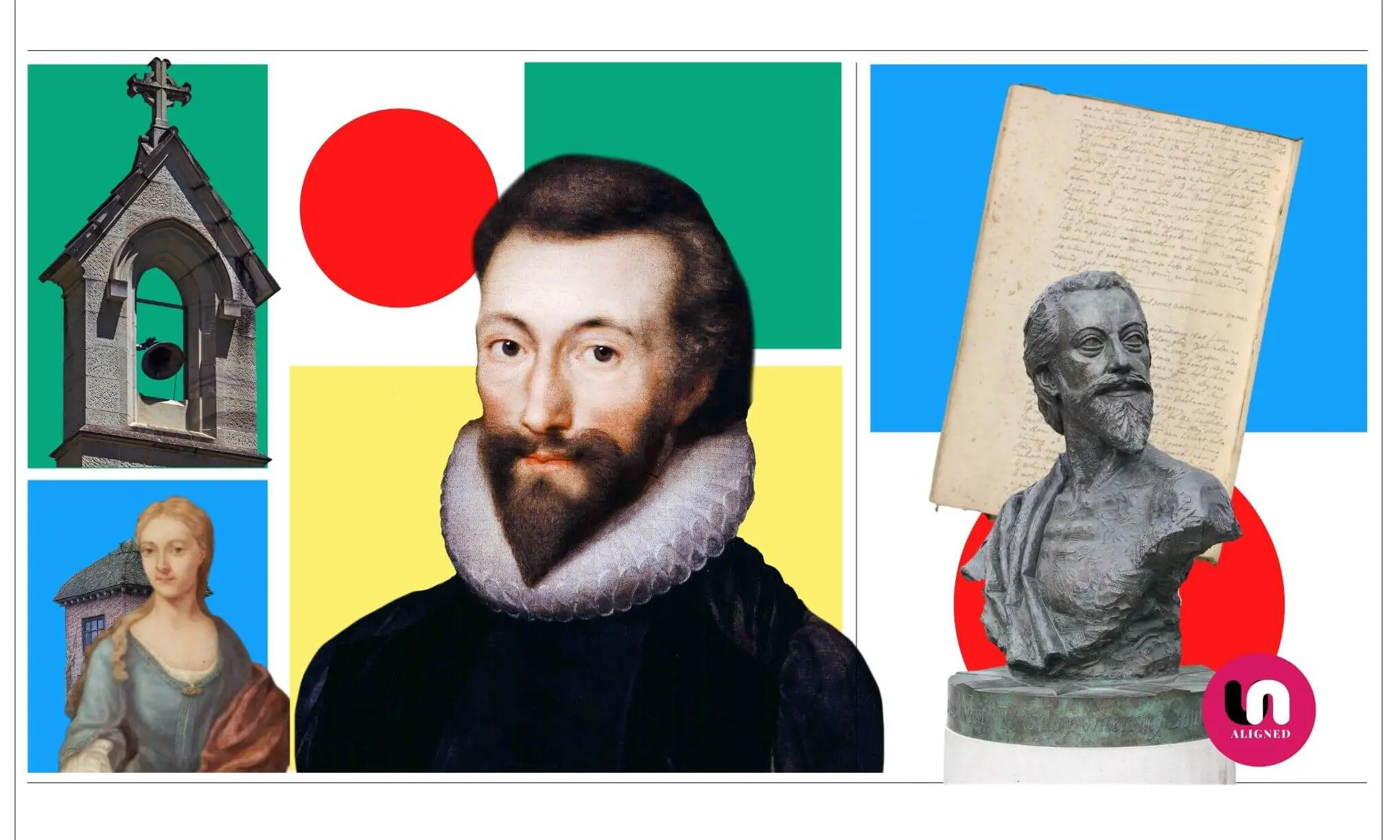John Donne
2021
John Donne's No Man is an Island: Feeling a Oneness With Humanity
In today’s world besieged by isolationism, America First, Britain First, white supremacy, cyber bullying, homophobia, racism, vaccine tug-of-war, colonialist withdrawal symptoms (… shall I go on?) and the like, never before have the words of John Donne been more relevant; “No man is an island…”. In the age of Brexit, the very notion that every man is part of a greater humanity is a powerful assertion.

"The Greatest Metaphysical Poet": Your Full Guide to John Donne’s Life, Career & Poems
Family background John Donne was born in London in 1572 to a relatively wealthy family. His father, who died when Donne was only four, was a successful tradesman and his mother, Elizabeth, was the daughter of the writer John Heywood. Both parents were Roman Catholics and were in obvious difficulty to come to terms with the newly established Church of England. Donne’s family, especially on his mother’s side, were persecuted for being Roman Catholics and for refusing to swear the Oath of Supremacy which acknowledged the English monarch as the Head of the Church of England. This is the general atmosphere in which John Donne was brought up. As a child he was educated privately by Catholic tutors and at the age of twelve he was sent to Oxford University. The reason for attending Oxford at such a young age was due to the fact that all students had to pledge allegiance to the Queen and therefore to the Church of England by the age of sixteen. Donne’s mother was naturally hoping that her son would obtain a degree before that age. However this did not happen and the young student was eventually compelled to leave Oxford without a degree.


